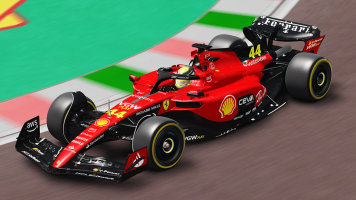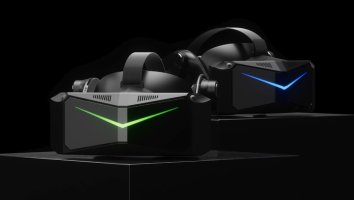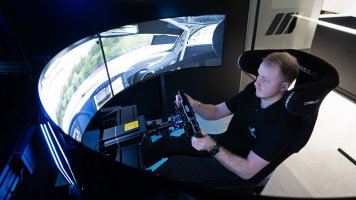demetri
Premium
I'm upgrading from 3570K and looking mainly at these two options right now. Intel seems to have a bit better game performance at stock and also some room for overclocking. Both CPUs cost the same where I live ($330+tax) and I already have a decent air cooler (TRUE Spirit 140) which hopefully is going to be enough for 9700K, so there're no extra expenses for that. AMD could be a more future-proof platform, but to take advantage of that I would have to get a good MB and those aren't going to be cheaper than a decent Z390 board, so the total cost of MB+CPU is probably going to be about the same. I'm not really interested in any "productivity" stuff as the main things I do on this PC is gaming (which is simracing in Assetto Corsa for ~80% of the time) and web surfing.
The current GPU is 1070 which roughly matches the CPU (as both tend to be just not fast enough for real 90 fps in VR with medium-size grids), but I'm going to upgrade to 2070s or 2080 later this year. So far, I'm leaning towards the Intel, but I have a feeling that I might be making a mistake as there's basically no upgrade path there, though a similar situation worked more or less OK for my 3570K build which I've had for 6+ years and only recently (after getting a VR headset) it started to show its age for me. What do you guys think?
The current GPU is 1070 which roughly matches the CPU (as both tend to be just not fast enough for real 90 fps in VR with medium-size grids), but I'm going to upgrade to 2070s or 2080 later this year. So far, I'm leaning towards the Intel, but I have a feeling that I might be making a mistake as there's basically no upgrade path there, though a similar situation worked more or less OK for my 3570K build which I've had for 6+ years and only recently (after getting a VR headset) it started to show its age for me. What do you guys think?










